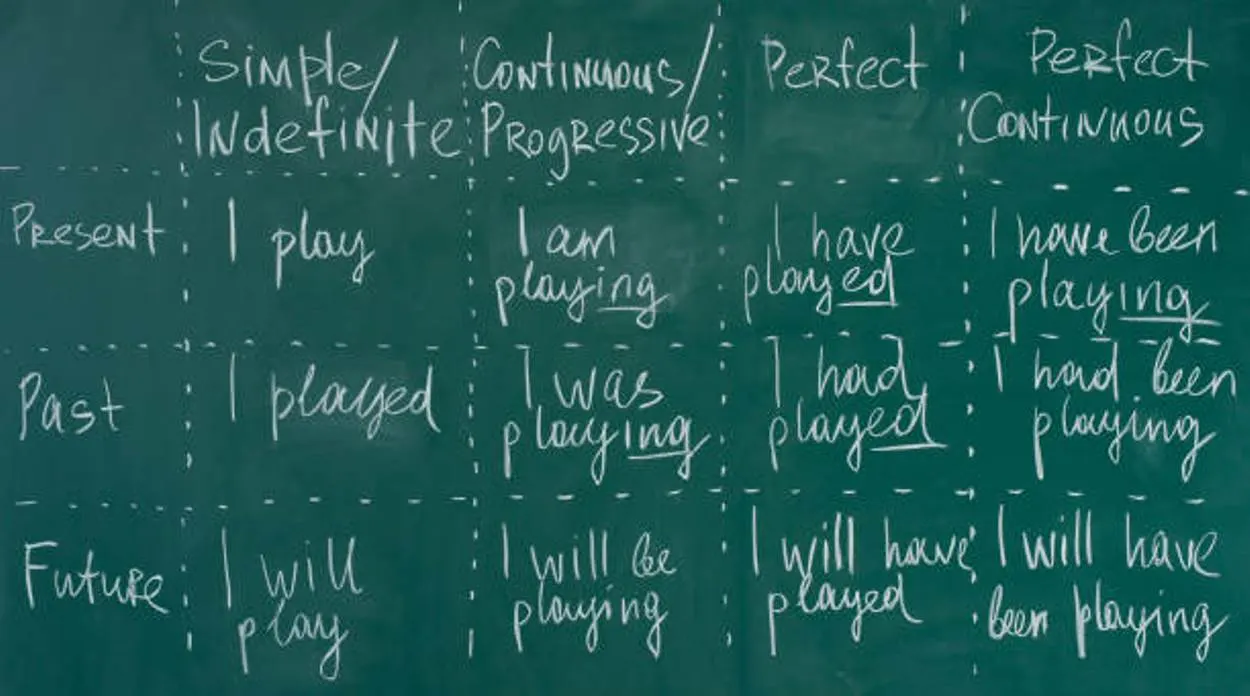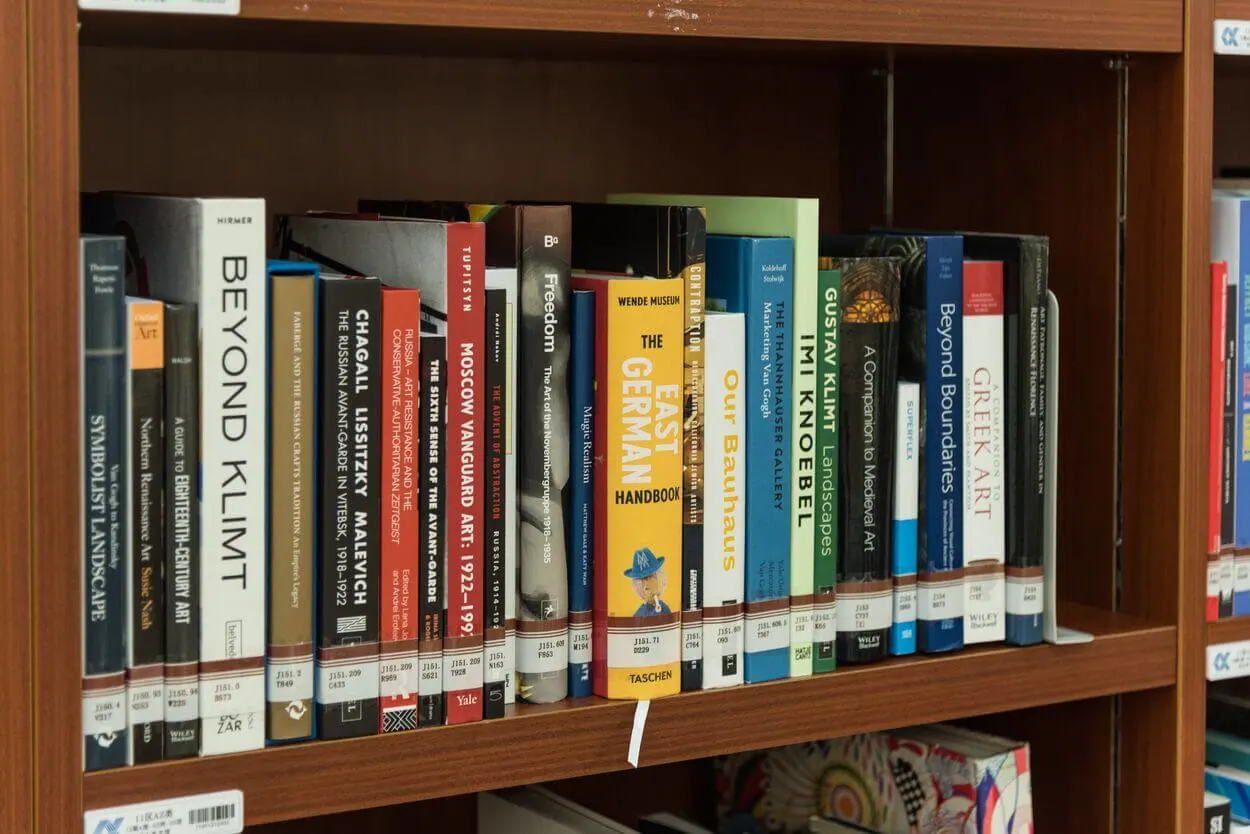The English language is diverse and complicated. It reflects the world’s many different cultures, contributing to its development.
Many of you speak English as your first language, but many other languages use it as a second or primary language. Non-natives find it pretty complex.
For the proper understanding of a language, you must learn its rules. Various phrases in English give you entirely different meanings by merely changing a single word in them; the two phrases “over the past year” and “in the past year” are examples of these.
The difference between the phrases “over the past year” and “in the past year” is a matter of time. The phrase “over” indicates that the period is incomplete, while “in” indicates it is complete.
Let’s discuss these two phrases in detail.
What Does “In The Past Year” Mean?
The phrase “in the past year” indicates something has happened or existed within the last 12 months.

In the phrase “in the past year,” the word “past” is an adjective that means “preceding” or “prior.” The phrase itself can refer to a period that has already passed.
Examples Of The Phrase “In The Past Year”
Here are a few examples of using this phrase in your sentences:
- In the past year, I’ve learned how to communicate with people with different beliefs.
- In the past year, I have learned how to ride a bike.
- I’ve been following these new developments in artificial intelligence since they first emerged in the past year.
What Is The Meaning Of “Over The Past Year?”
The meaning of “over the past year,” as it’s used in this sentence, is that we’re talking about a period that began in the past and continues into the present.
This can be not very clear because there are two ways to interpret this phrase:
1) The first interpretation is that we’re looking at a period starting from now and going back to a point before now.
For example, if someone says, “Over the past year, my life has changed dramatically,” they could mean (a) that their life changed dramatically over one year or (b) that their life changed dramatically over 365 days starting from now.
2) The second interpretation is that we’re looking at a period extending from some point in the past to some point in the future.
For example, if someone says, “Over the past year, I’ve been working on my novel,” they could mean (a) that they started working on their novel one year ago and have continued to work on it until today; or (b) they started writing their novel one year ago and plan to continue writing for another 12 months before publishing it.
Examples Of The Phrase “Over The Past Year”

Here are a few sentences using “over the past year”:
- Over the past year, our company has grown from 5 employees to 10.
- Over the past year, we have seen increased demand for our products.
- Over the past year, I have learned a lot about how to use grammar and punctuation.
Difference Between “In The Past Year” And “Over The Past Year”
Both the phrases “in the past year” and “over the past year” describe how long ago something happened.
The primary difference between “in the past year” and “over the past year” is that “in the past year” describes a period that has already passed, while “over the past year” describes a period that is still in progress.
A few other differences between these two phrases include the following:
- “In the past year” refers to a period shorter than one year but longer than a month. For example, you might say, “In the past year, I’ve been to five countries.” This means you went to five countries in twelve months or less.
- “Over the past year” refers to a period that is longer than one year and shorter than two years. For example, you might say, “Over the past year, I’ve read thirty books.” This means that you read thirty books in twelve months or less.
- “In” refers to a specific point in time, whereas “over” refers to an extended period.
- The phrase “over the past year” describes a period that occurred in the past and continues into the present. For an instance: “Over the past year, I have had to switch schools three times.”
- On the other hand, “in the past year” refers to events or actions occurring within a specific timeframe but did not carry over into now. For an instance, “In the past year, they have received three speeding tickets.”
Here are these differences in tabular form.
| In The Past Year | Over The Past Year |
| It is used for a specific point in time in the previous year. | It is used for events occurring continuously from the past to the present. |
| “In” here in this phrase refers to a specific time. | It refers to a time that has not yet ended. |
| “In” here in this phrase refers to a certain time. | “Over” here in this phrase refers to a continuous period. |
Here is a video explaining different prepositions and their proper use.
Which Is Correct: “In The Last Year” or “In The Past Year?”
Both “in the last year” and “in the past year” are correct; however, the usage of both phrases is based on context and whether you are referring to a specific point in time or an extended period.

For example:
- If you want to say that something happened in the last year, you can use either phrase. For example: “I bought a new house and lot last year or in the last year.”
- If you want to say that something happened in the past year, you can use either phrase. For example: “I bought a new house in the past year.”
What Does Over The Past 10 Years Mean?
“Over the past ten years” is a phrase that means “since ten years ago.”
For example, if you tell someone that you’ve been running for “over the past ten years,” it means that you’ve been running since ten years ago.
You can also use this phrase to refer to a period that is not precisely ten years long. For example, if you say, “I’ve been running for over the past ten years,” you mean that you’ve been running for more than nine years but less than 11 years.
Is It “Over A Year” Or “Over An Year?”
“Over a year” is generally acceptable.
Both “a” and “an” are indefinite articles. Regarding indefinite articles, “a” comes before consonant sounds, and “an” comes before vowel sounds.
In the word “year”, the letter Y makes a consonant sound. Therefore, you should use “a” before it, not “an”.

What’s Another Word For “Year Over Year?”
A year-over-year comparison is also known as a YoY or “sequential.”
Final Thoughts
- There are many nuances and dialects in the English language.
- You can find a lot of complex words and phrases in this language.
- “In the past year” is the phrase that tells you about something occurring in the previous year.
- “Over the past year” is the phrase that tells you about something that started in the past year and is continuing in the present.

